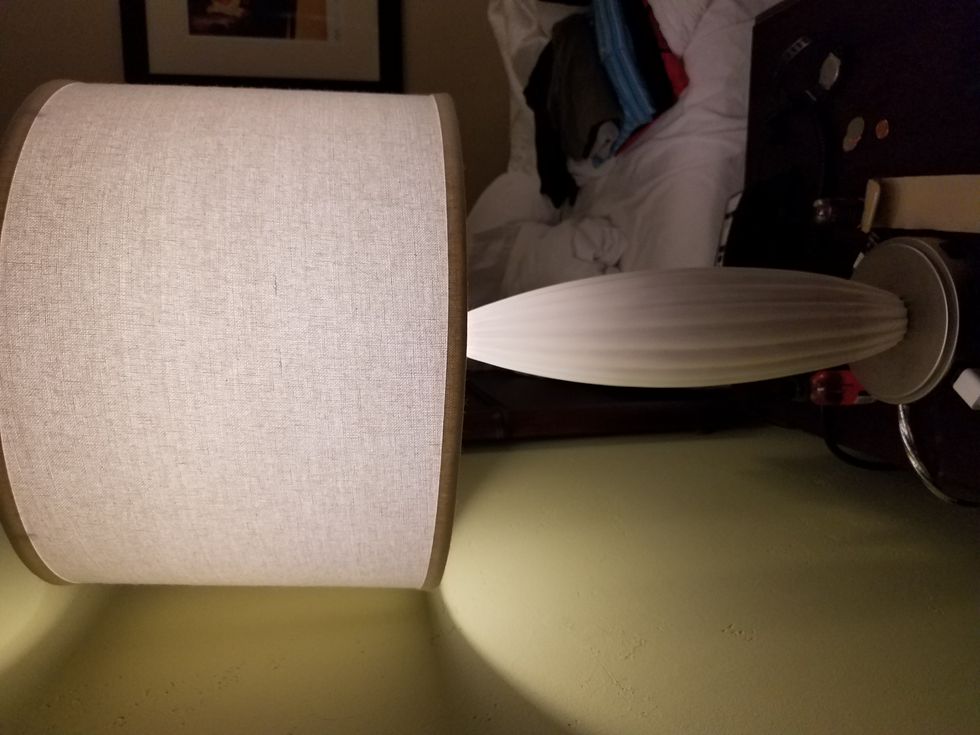At some point as a child, when I started thinking critically about life, my sister offered me the possibility that life is a test. Given that we were raised Catholic, I assume she was implying that God was administering this "test" in order to evaluate our righteousness, in turn deciding what seats will be reserved for us in the afterlife. It seemed to be a solid answer, based around the ideas of morality that I had at the time, and wasone I took to heart for years after.
After I became agnostic, I had to re-evaluate what I thought about that answer. Without too much thinking necessary, that same answer worked best for me. When you think about how many moments in life there are that ask you to make really tough choices that seem to have a "right" or "wrong" consequence for one to deny that there isn't something test-like at least about life. Right and wrong are ultimately ambiguous terms, but within the context of a single person's life, those words still hold meaning based on their moral compass and life goals.
This was actually something that I picked up from Objectivism, the somewhat controversial philosophy that pushes for humans to realize their greatest strengths. The novelof Ayn Rand's (the creator of Objectivism) that I did finish was The Fountainhead, and stuck out the most was that scene where Roark must deny a certain commission that would have kept him in business out of respect for his morals. At times I forget what a life forged by morals looks like: often it is grim and tiring, but the successes must feel like fireworks in your chest, but in the good way, without the fire or ash.
Roark is a fictional character, but his deeds are reflective of the men who needed to do just what he did, whofelt pain and misery that was actually real. The challenges they faced were all tests that determined which of them would climb to the top, leaving the rest to tumble and stumble back down from which they came. More importantly, it determined who it was who would remain true to themselves and keep a small piece of their childhood forever alive, that being the part of them that wasunyielding.
To give a higher power the ability to judge the value of your life should be a choice, though for many it becomes a way of life that you're born into and stuck with. Either way, if divinity is what you believe holds the answer sheet to your life's problems, I don't see what would give someone the authority to say that it's wrong to do so. There are plenty of arguments that could be made saying that it is (most of them would directed against divinity in its entirety), but when it comes to people, I say keep whatever keeps them all from becoming serial killers is good for me. Business and productivity might be what keeps you in line, working towards a better life, or it might be heavenly being in any number of impossible forms: whatever anchors you to reality and to what you need and want out of life is the right thing... for you.
















